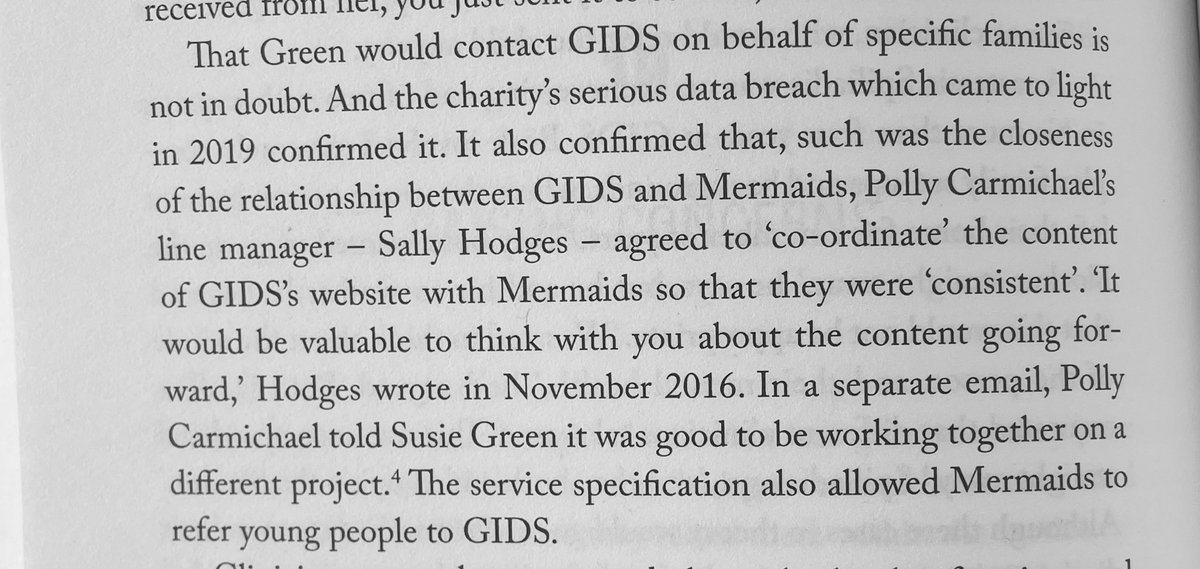NEW: NHS England has confirmed puberty blockers for young people with gender incongruence will only be administered as part of clinical research. It comes as NHSE publishes the service specification that will guide the new gender services that will replace the Tavistock’s GIDS
NHSE says it will propose: “outside of a research setting, puberty suppressing hormones should not be routinely commissioned for children and adolescents who have gender incongruence/dysphoria.”
tinyurl.com/35zc29zs
tinyurl.com/35zc29zs
The interim service spec is v similar to the draft published in Oct 2022, with primary intervention for YPs being psychosocial & psychological support. The main objective is 'to alleviate distress associated with gender incongruence and promote the individual’s... wellbeing.’
The doc acknowledges that there will be a range of pathways suitable for YP and a range of outcomes. It repeats assertion from the draft that, ‘The clinical approach should be mindful that this [experience of gender incongruence/dysphoria] may be a transient phase.’
The relationship between a young person’s gender incongruence and any other co-existing mental health, neurodevelopmental or personal complexities, will be carefully explored and an individualised care plan developed for each YP. Gone is any talk of a time limited assessment
But, all children and young people will receive ‘a standardised comprehensive assessment’ – addressing the findings from both the CQC and Dr Cass that GIDS assessments could vary widely, depending on the individual clinicians conducting them.
The service specification is cautious on social transition – defined by NHSE as presenting ‘in public fully with a gender identity different to that of their natal sex in all forms and aspects of their daily lives.’
The doc says that ‘While there are different views on the benefits versus the harms of early social transition, it is important to acknowledge that it is not a neutral act.’ Clinicians shd discuss with young people and their families ‘the risks and benefits of social transition.’
For younger, pre-pubescent children, the general clinical approach will be therapeutic. Often, the document says, children will be most appropriately supported by local services – ‘ with or without consultation support from the Specialist Service.'
The new gender services will undertake continuous data collection and audit, something found to be lacking in the past. New services will also be underpinned by ‘robust safeguarding frameworks.’
As in draft doc, NHSE ‘strongly discourages’ families from sourcing puberty blockers or hormones from unregulated sources or on-line providers that aren't regulated by UK regulatory bodies. But, there's no longer a call for mandatory safeguarding reporting in these circumstances.
And, finally, on staffing - the specification repeats Dr Cass’s recommendation that the new services must be staffed by professionals with a wider range of expertise, including: psychological, mental and physical health, safeguarding, gender identity development (cont...)
management of risk-taking behaviours, trauma informed approaches, family work/family therapy, CBT, Neurodevelopment disorders including learning disability and autism spectrum conditions, expertise to support Looked After children.
Here's the full doc: tinyurl.com/2fve25f5
END
Here's the full doc: tinyurl.com/2fve25f5
END
• • •
Missing some Tweet in this thread? You can try to
force a refresh

 Read on Twitter
Read on Twitter





